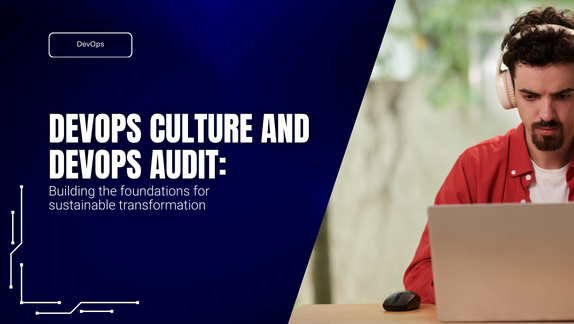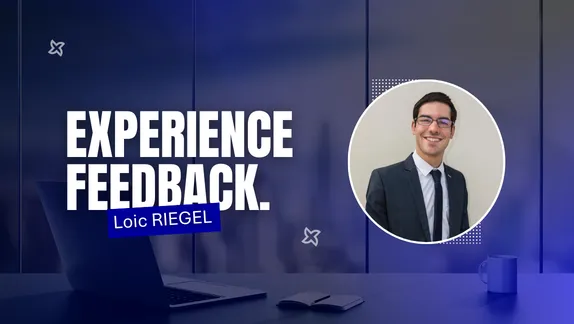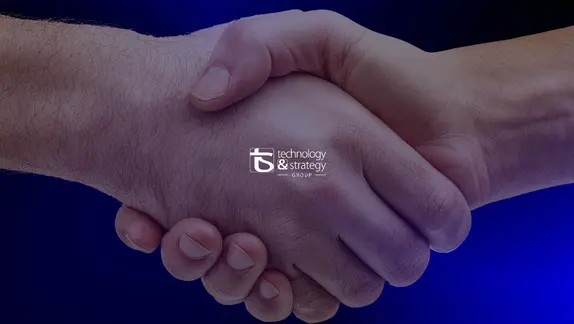As part of the industrial transformation towards Industry 5.0, immersive technologies play a crucial role in improving operational and decision-making processes. Englab's experimental platform, supported by the Grand Est Region, is designed to test and deploy advanced technologies such as automation, IIoT, cobotics, and virtual and augmented reality. This article will focus on immersive technologies and their impact on decision-making, operator training, and process supervision in the Smart Factory.
Mixed reality is an immersive technology that combines elements of virtual reality and augmented reality. At Englab, we use mixed reality for various applications, such as concept or process validation, autonomous maintenance protocols, production line supervision, technical documentation visualization, and operator training.
Mixed reality allows operators to better understand production line indicators and perform maintenance tasks independently. The digitization and projection of instructions in the form of holograms allows operators to carry out all processes independently, limiting errors and reducing travel.
Concept and process validation: mixed reality allows concepts and processes to be validated before they are actually implemented. This makes it possible to detect and correct potential errors at an early stage, thereby reducing development costs and delays.
Autonomous maintenance protocols: immersive technologies allow operators to follow maintenance protocols autonomously. Instructions projected as holograms guide operators through the necessary steps, ensuring accurate and efficient maintenance.
Production line supervision: mixed reality improves production line supervision by allowing operators to view performance indicators in real time. This enables faster and more informed decision-making, improving operational efficiency.
Operator training: immersive technologies provide interactive and realistic training environments. Operators can train on new equipment or processes in a virtual environment, reducing the risks and costs associated with traditional training.
Immersive technologies offer several advantages for the Smart Factory:
Improved decision making: by providing real-time information and contextualizing data, immersive technologies enable faster and more accurate decision making.
Error reduction: instructions projected as holograms reduce human error by guiding operators through complex processes.
Effective training: immersive training environments allow operators to familiarize themselves with new equipment and processes in an interactive and realistic way.
Immersive technologies, such as mixed reality and augmented reality, are essential for improving decision-making, operator training, and process supervision in the Smart Factory. They help create a more efficient and safer working environment, while reducing costs and errors.
To see these technologies in action, watch our Englab presentation video :
Immersive technologies, such as mixed reality and augmented reality, provide operators and decision-makers with real-time, contextual data directly in their field of view. This enables faster, more accurate, and better-informed decisions, helping reduce errors, optimize production processes, and lower operational costs.
Immersive training creates realistic and interactive environments, allowing operators to practice on equipment or processes before deployment. This approach reduces the risk of errors, cuts training costs, and strengthens operator skills — especially in areas like autonomous maintenance or production line supervision.
With its expertise in engineering, technological innovation, and industrial consulting, Technology & Strategy offers tailored solutions integrating cutting-edge immersive technologies. Our projects — including collaborations with Englab — help industrial players test, validate, and deploy augmented and mixed reality solutions, boosting performance in line with Industry 5.0 goals.


DevOps culture and DevOps audit: assess your DevOps maturity, identify risks and build strong foundations for sustainable transformation.
READ MORE
Discover how skills-based volunteering allows industry experts to share real-world knowledge with engineering students through structured teaching modules at ENSISA and INSA Strasbourg.
READ MORE
T&S and Bosch partner for 18 years in automotive safety, celebrating 10 years of a flagship project on airbag systems and embedded software.
READ MORE